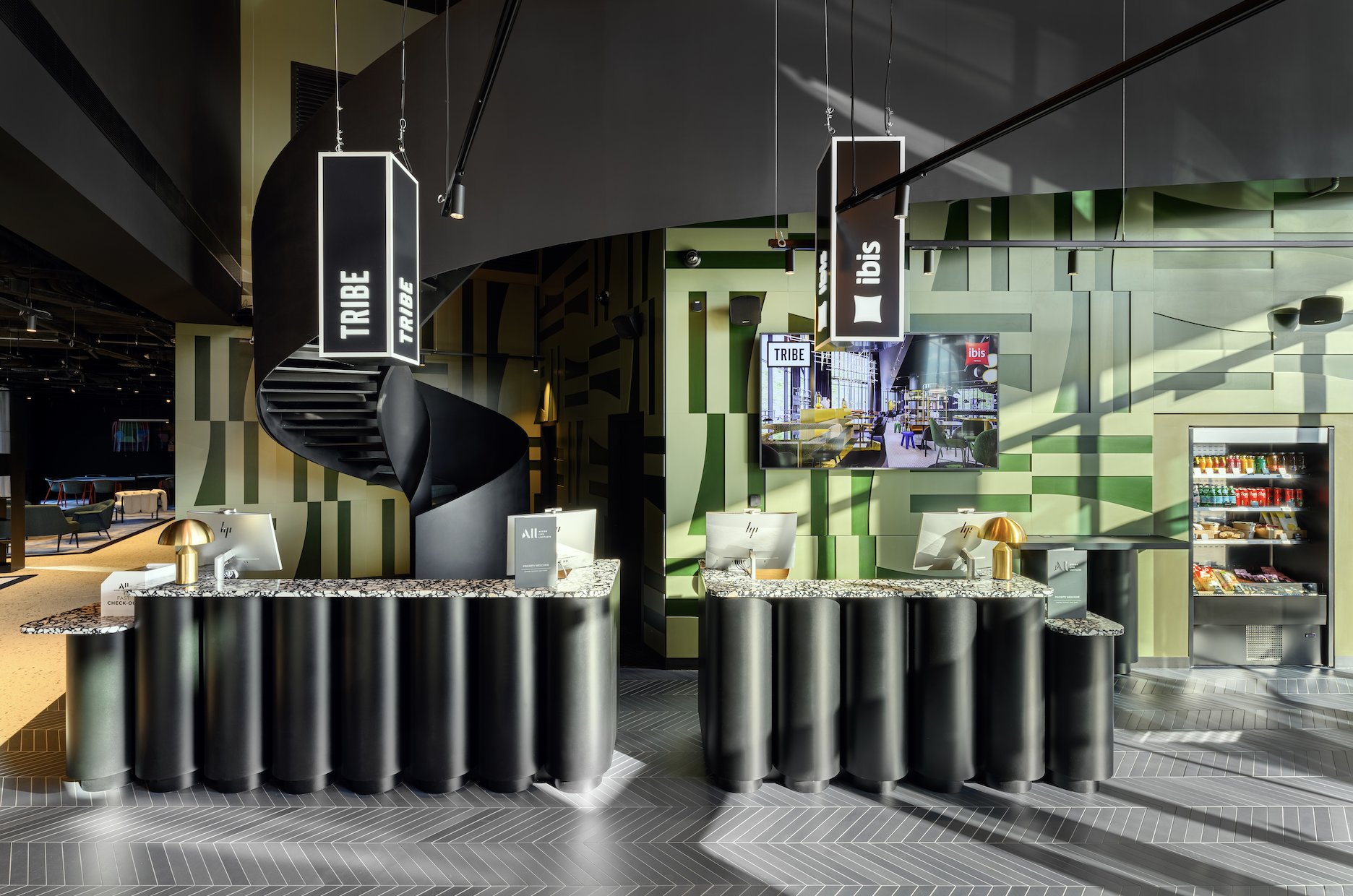Short-term loans, SMEs drive business lending in Q3, MNB says

Lending of domestic banks to non-financial companies rose 1.8% year-on-year in Q3, with most of the rise coming from short-term loans and loans to small and medium-sized enterprises (SMEs), the National Bank of Hungary (MNB) said in its quarterly lending report released yesterday, Hungarian news agency MTI reported.
The rise in the lending stock was greater, 3.4%, if adjusted for the cleaning of then state-owned MKB Bankʼs bad portfolio late in 2015.
The lending stock of SMEs rose 6% in the year to Q3, or a rise of 7.3% if including the stock of loans to sole proprietors. The latter segment, statistically part of the household sector, has raised its borrowing rapidly due to the MNBʼs Funding for Growth Scheme (FGS) and loans taken out in relation to the sale of state-owned land earlier this year, the MNB said.
The corporate lending stock rose about HUF 98 bln in Q3 due to transactions. Of these, forint loans rose HUF 165 bln and the FX loan stock dropped HUF 68 bln. Write-offs and revaluations reduced the stock by HUF 60 bln.
Loans provided within the third (and, according to MNB announcements, last) phase of the FGS program contributed HUF 100 bln to the increase in transactions, and HUF 81 bln of these were forint FGS loans.
New corporate loan contracts totaled HUF 700 bln in the third quarter, down from over HUF 800 bln in the previous two quarters but up year-on-year as well as from the average of the previous year.
Some HUF 478 bln of new contracts were for forint loans. Loans taken out under the third phase of the FGS made up HUF 81 bln of the new forint and HUF 33 bln of the new FX corporate loan contracts.
A total of HUF 331 bln of the new credit was in loans of less than one year, partly drawn from untapped credit lines signed earlier, the MNB said. The share of long-term loans within the stock fell 1.5 percentage points to 71%. The stock of overdrafts rose by HUF 13 bln in the quarter from an already high level.
In net terms, 56% of the banks polled in the MNBʼs lending survey said that demand for long-term loans rose, both for forint and FX loans, while a net 37% said that the dropping interest rate level played a part in the process.
The respondents expect an expansion in every segment and in every size of the property loan market after a rise in Q3.
A net 39% reported increased demand for loans financing home projects, while a net 81% reported rising credit demand for office building, and a net 54% for the financing of logistics centers.
A net 28% of respondents eased their corporate lending conditions in Q3 and a net 24% said they would ease further in the coming half year. As in earlier quarters, the easing will mainly affect pricing.
Financing costs of small-volume credit fell further in the quarter, and the average interest rate by 0.4 percentage points in the case of forint loans worth less than EUR 1 mln, as both the reference rate and the spread fell, the latter by 0.3 percentage points.
Based on the MNBʼs Financial Conditions Index, the banking sector had a moderately contracting impact on the annual growth of the real economy through its corporate lending activity in the period.
SUPPORT THE BUDAPEST BUSINESS JOURNAL
Producing journalism that is worthy of the name is a costly business. For 27 years, the publishers, editors and reporters of the Budapest Business Journal have striven to bring you business news that works, information that you can trust, that is factual, accurate and presented without fear or favor.
Newspaper organizations across the globe have struggled to find a business model that allows them to continue to excel, without compromising their ability to perform. Most recently, some have experimented with the idea of involving their most important stakeholders, their readers.
We would like to offer that same opportunity to our readers. We would like to invite you to help us deliver the quality business journalism you require. Hit our Support the BBJ button and you can choose the how much and how often you send us your contributions.









